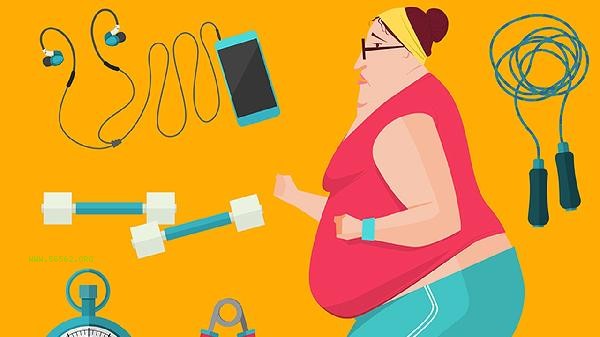Fasting exercise for weight loss is not suitable for everyone, especially those with low blood sugar, gastrointestinal diseases, cardiovascular diseases, pregnant women, and those with weak constitutions. Fasting exercise may cause dizziness, fatigue, gastrointestinal discomfort, and even lead to fainting or worsening of existing diseases in severe cases. During fasting exercise, the body mainly relies on stored glycogen and fat for energy supply, and blood sugar levels may rapidly decrease. Hypoglycemic patients themselves have poor blood sugar regulation ability, and fasting exercise can easily induce hypoglycemic reactions such as palpitations, hand tremors, and cold sweats. In severe cases, consciousness may become blurred. Patients with gastrointestinal diseases may experience increased gastric acid secretion on an empty stomach, and exercise may stimulate the gastrointestinal mucosa, leading to stomach pain, acid reflux, or indigestion. Patients with cardiovascular disease may experience increased cardiac load and significant blood pressure fluctuations during fasting exercise, which may trigger angina or arrhythmia. Pregnant women need a stable energy supply to maintain fetal development, and fasting exercise may lead to malnutrition and affect fetal health. Individuals with weak physical constitution, including those in the postoperative recovery period, those suffering from malnutrition, or those with chronic wasting diseases, exercise on an empty stomach can further deplete their physical fitness and delay the recovery process. The metabolic rate of elderly people decreases, and fasting exercise may exacerbate the risk of muscle loss and osteoporosis. Teenagers are in the growth and development stage, and fasting exercise may affect hormone secretion and bone development.

It is recommended to supplement easily digestible carbohydrates such as bananas, whole wheat bread, etc. before exercise to avoid prolonged fasting. Pay attention to replenishing water during exercise, and stop immediately if discomfort such as dizziness and palpitations occurs. Choosing moderate to low-intensity aerobic exercise is safer, such as brisk walking, yoga, etc. Timely supplementation of protein and carbohydrates after exercise helps with muscle repair and energy recovery. Special populations should develop personalized plans under the guidance of doctors or professional coaches to avoid blindly following the trend of fasting exercise.









Comments (0)
Leave a Comment
No comments yet
Be the first to share your thoughts!